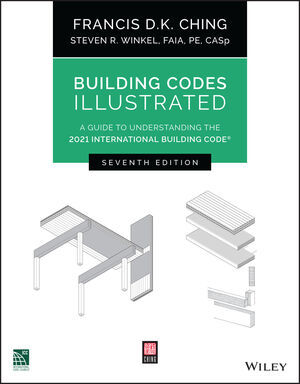Study Confirms Impact of Insulation Industry to Economy

A new economic report, “The Contributions Insulation to the U.S. Economy in 2016” produced by the American Chemistry Council (ACC) shows that the insulation industry contributes significantly to the U.S. economy at $20 billion a year and helps support close to 400,000 jobs each year. In addition, the combined economic activity supported by insulation manufacturing contributes $1.1 billion to state and local governments and $1.9 billion in federal tax revenues.
“This report makes clear that the business of manufacturing, distributing and installing insulation generates significant economic output and creates jobs across the country,” says Martha Gilchrist Moore, senior director of policy analysis and economics at ACC and author of the report.
Insulation is a key factor supporting efforts toward energy independence by reducing energy consumption and energy-related greenhouse gas emissions. Well insulated buildings can help businesses save money and be more competitive by lowering energy consumption, and thus, energy bills.
“Every home and business owner who sees a drop in their energy bills after an insulation upgrade knows that good insulation brings a tremendous financial benefit. This report looks at many of the other economic advantages of a vibrant insulation industry,” said PIMA President Justin Koscher. “Providing a great public benefit through an industry that produces such value for the national economy is truly a win-win.” PIMA members manufacture polyisocyanurate insulation in more than 30 U.S. plants located across 16 states.
Several groups contributed to the study, including ACC’s Spray Foam Coalition, the Cellulose Insulation Manufacturers Association, the North American Insulation Manufacturers Association, and the Polyisocyanurate Insulation Manufacturers Association (PIMA). Insulation is widely used in homes and commercial buildings around the country.
Looking for a reprint of this article?
From high-res PDFs to custom plaques, order your copy today!






